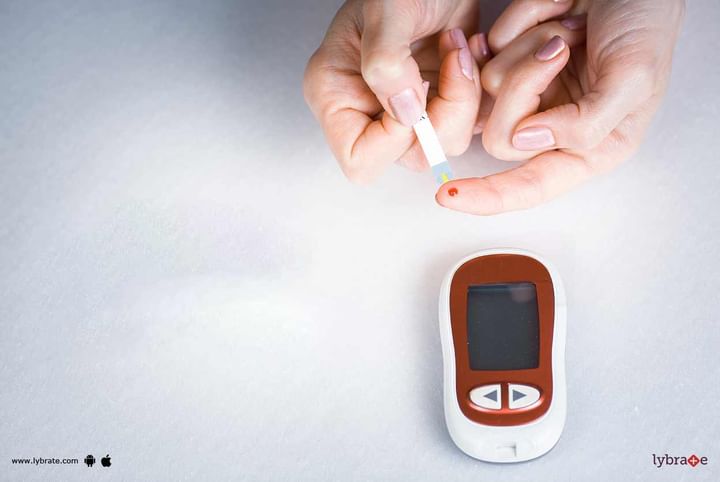Diabetes - All You Need To Know!
Diabetes is often referred to as diabetes mellitus by physicians, which is used for describing a group of metabolic-related diseases. Diabetic patients have high blood sugar (blood glucose) in the blood, the cause of which might be either the inadequate production of insulin or because the body is unable to use the insulin properly. Diabetes might also be a result of the combination of both.
There are three types of diabetes:
- Type 1 diabetes which was formerly known as insulin-dependent diabetes or juvenile onset diabetes due to the fact that the symptoms are typically diagnosed in young children and children in their teens. Approximately 10%diabetic patients are Type 1 diabetic where the body is unable to produce insulin.
- Type 2 diabetes was also known as non-insulin-dependent diabetes or adult onset diabetes, as it occurs mostly in adults. Approximately 90%diabetic patients worldwide are Type 2 diabetes, which occurs because the body is unable to produce the required amount of insulin for proper functioning. Overweight and obese people suffering from central obesity or abdominal obesity are more at risk of developing Type 2 diabetes than people who have a healthy body weight, as obesity forces the release of chemicals which may destabilize the cardiovascular and metabolic systems of the body. The risks of developing Type 2 diabetes also increases as one grows older.
- Another type of diabetes is gestational diabetes, which mainly affects pregnant women who have high glucose levels in their blood. The bodies of these women are unable to produce the required amount of insulin to transport all the glucose to their cells leading to the progressive increase of glucose. Studies have revealed that women who have animal fat and cholesterol-rich diet before pregnancy are at more risk of developing this type of diabetes.
Symptoms:
Symptoms of diabetes include excessive thirst, dehydration, increased urination and hunger. Symptoms may also include fatigue, skin problems, slow healing wounds, blurred vision and tingling in the feet.
Solutions
- Patients who are afflicted with Type 1 diabetes will have to take insulin injections for life. Proper blood glucose levels have to be maintained throughout by following a strict diet and regular blood tests need to be carried out.
- Patients with Type 2 diabetes need to keep their weight in check. They are generally treated with tablets, but sometimes insulin injections are recommended. These diabetic patients need to follow a healthy diet strictly, exercise regularly and keep monitoring their blood glucose levels. Another option for obese people to reduce symptoms is Bariatric surgery.
- While gestational diabetes can be controlled with proper diet and regular exercise, there are 10 - 20%of diabetics who will need medications to control blood-glucose. Undiagnosed and untreated gestational diabetes raises the risks of complications during childbirth and may result in a baby who is bigger than he / she should be.
Acute complications of diabetes may include hyperglycemia or hypoglycemia while chronic complications may include diseases of the blood vessels which could damage the eyes, nerves, kidneys and the heart. If you think you have symptoms which suggest diabetes, consulting a doctor at the earliest would be your best option.



+1.svg)
